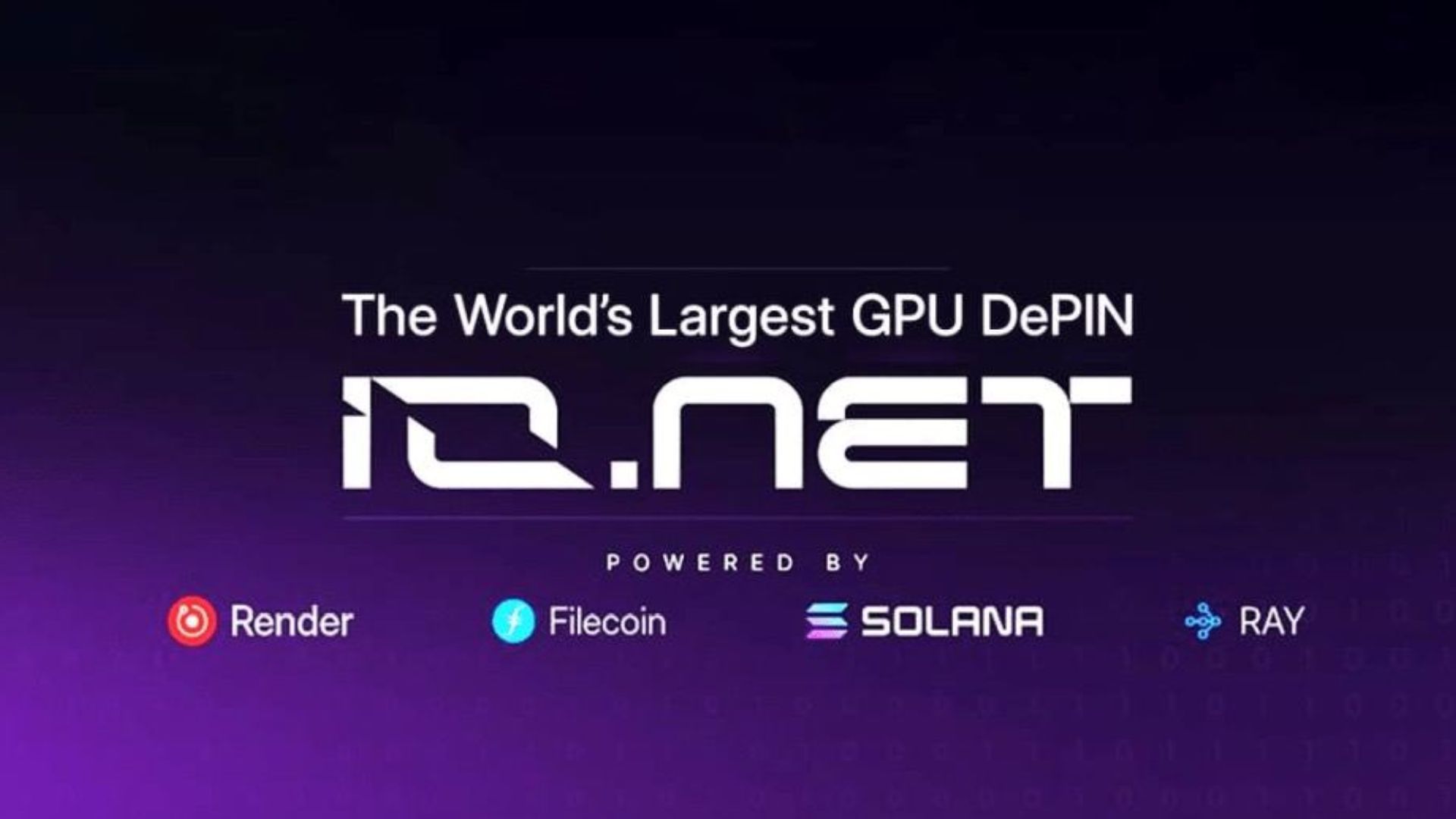A federal judge has pulled up the Securities and Exchange Commission, threatening to sanction its lawyers after their false arguments prompted a court to impose a temporary restraining order on crypto firm Debt Box.
Federal Judge Comes Down Heavily On SEC Lawyers
According to court documents issued by US District Judge Robert Shelby of the US District Court in Utah, attorneys of the Securities and Exchange Commission could be sanctioned after they made false and misleading arguments about crypto firm Debt Box. The SEC lawyers had argued that Debt Box allegedly tried to transfer the assets it held and investor funds overseas. This argument led to a court freezing all bank accounts connected to the project.
Judge Shelby was not impressed by the SEC attorneys, stating that the SEC’s misrepresentations severely undermined the integrity of the case proceedings. Additionally, it also caused Debt Box irreparable harm, according to the judge’s order. Debt Box has also demonstrated that it had not moved funds outside the United States of America or closed any of its accounts before the Securities and Exchange Commission’s hearing.
Sanctions are penalties that are imposed on individuals who sign statements in court that they know are false or violate court procedures, according to legal dictionaries. In civil law, sanctions are generally imposed in the form of monetary fines. In his order, Judge Shelby asked the SEC’s attorneys to respond to his findings that their arguments that Debt Box had attempted to move its funds overseas lacked context and were not factual. The judge has given the Securities and Exchange Commission two weeks to respond to the inquiry. However, the SEC or its attorneys have not yet commented on Judge Shelby’s order.
The SEC’s Case Against Debt Box
The Securities and Exchange Commission first sued Debt Box in July, alleging that the crypto company had schemed to sell unregistered securities called “node licenses” in 2021. The SEC alleged that Debt Box told customers the licenses would mine crypto assets that would increase in value. However, according to the SEC, they were minting the crypto themselves using a computer code. Debt Box denied all the allegations leveled against it by the SEC.
Debt Box was hit by a temporary restraining order in August, with the judge restricting the company’s access to its funds. However, Debt Box was able to prove to the court that it had neither moved nor attempted to move its funds outside the US nor tried to close its bank accounts just two days before a hearing over the SEC’s request to freeze the company’s funds. As a result, the judge later dissolved the restraining order against Debt Box.
Disclaimer: This article is provided for informational purposes only. It is not offered or intended to be used as legal, tax, investment, financial, or other advice.





